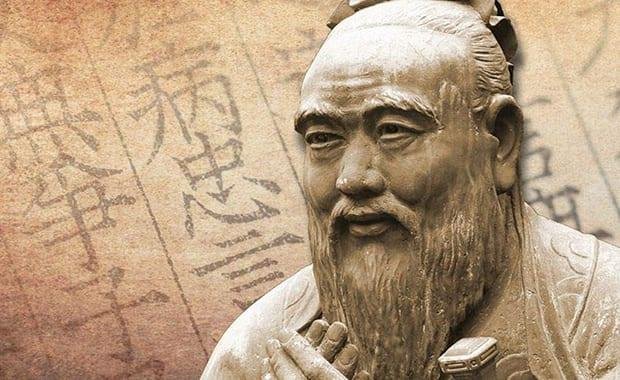Confucius the Chinese Philosopher: Confucius, also known as Kong Fuzi or Master Kong, was one of the most influential philosophers in Chinese history. Born in 551 BCE in the state of Lu, modern-day Shandong Province, Confucius laid the foundation for Confucianism, a system of philosophical and ethical teachings that influenced Chinese society, politics, and culture for centuries. His ideas emphasized morality, family values, social harmony, and the cultivation of virtuous behavior, making him an enduring figure in both Eastern philosophy and global intellectual history.
Early Life and Education
Confucius was born into a time of social unrest and political fragmentation in China. Despite his family’s modest background, he pursued education with great dedication. Historical accounts suggest that he studied subjects like history, poetry, rituals, and music, which shaped his understanding of human nature and society. Confucius believed that education was a path to moral development and a tool for cultivating a virtuous life. His commitment to learning and teaching eventually attracted disciples, who documented his teachings and helped spread his philosophy across generations.
Core Teachings of Confucius

At the heart of Confucian philosophy are principles that emphasize personal and social ethics. Some of his key teachings include:
- Ren (Humaneness): Ren represents compassion, empathy, and kindness toward others. Confucius stressed that individuals should cultivate Ren to build harmonious relationships and contribute to society’s well-being.
- Li (Ritual and Etiquette): Li refers to proper conduct, manners, and respect for social norms. It ensures that individuals behave appropriately in different situations, promoting order and stability.
- Xiao (Filial Piety): Filial piety is the respect and devotion one shows to parents and ancestors. Confucius considered family as the cornerstone of social harmony.
- Yi (Righteousness): Yi emphasizes moral integrity and ethical decision-making, even when facing personal loss or difficulty.
- Zhi (Wisdom): Wisdom involves understanding what is right and acting upon it, combining knowledge with ethical judgment.
Confucius’ teachings were not abstract concepts; he believed in applying these principles practically to daily life, governance, and personal development.
Influence on Chinese Society
Confucius’ philosophy became the foundation of Chinese governance and social order for over two millennia. His emphasis on moral leadership influenced emperors, bureaucrats, and scholars, establishing a system where rulers were expected to lead by virtue rather than coercion. Confucianism also shaped Chinese education, literature, and civil service examinations, reinforcing the importance of knowledge and ethical behavior.
Legacy of Confucius
Confucius’ impact transcended China and reached other East Asian countries like Korea, Japan, and Vietnam. His teachings continue to inspire discussions on ethics, leadership, and social responsibility worldwide. Today, Confucian values such as respect for elders, education, and moral integrity remain integral to Chinese culture and global philosophy.
Confucius was not just a philosopher; he was a visionary who offered a blueprint for living a moral and harmonious life. His teachings on humaneness, righteousness, filial piety, and wisdom remain relevant in contemporary society. By advocating ethical behavior and respect for social norms, Confucius helped shape not only Chinese civilization but also the moral frameworks of many societies across Asia. Understanding Confucius’ philosophy is essential for anyone interested in the roots of Eastern thought and the enduring power of ethical leadership.
What Is Middle East and Why Is It Called Middle East?
Impact of Ramakrishna Mission on Society
What Is It Called Latin America?
Read Also: Education Website Design
![]()





